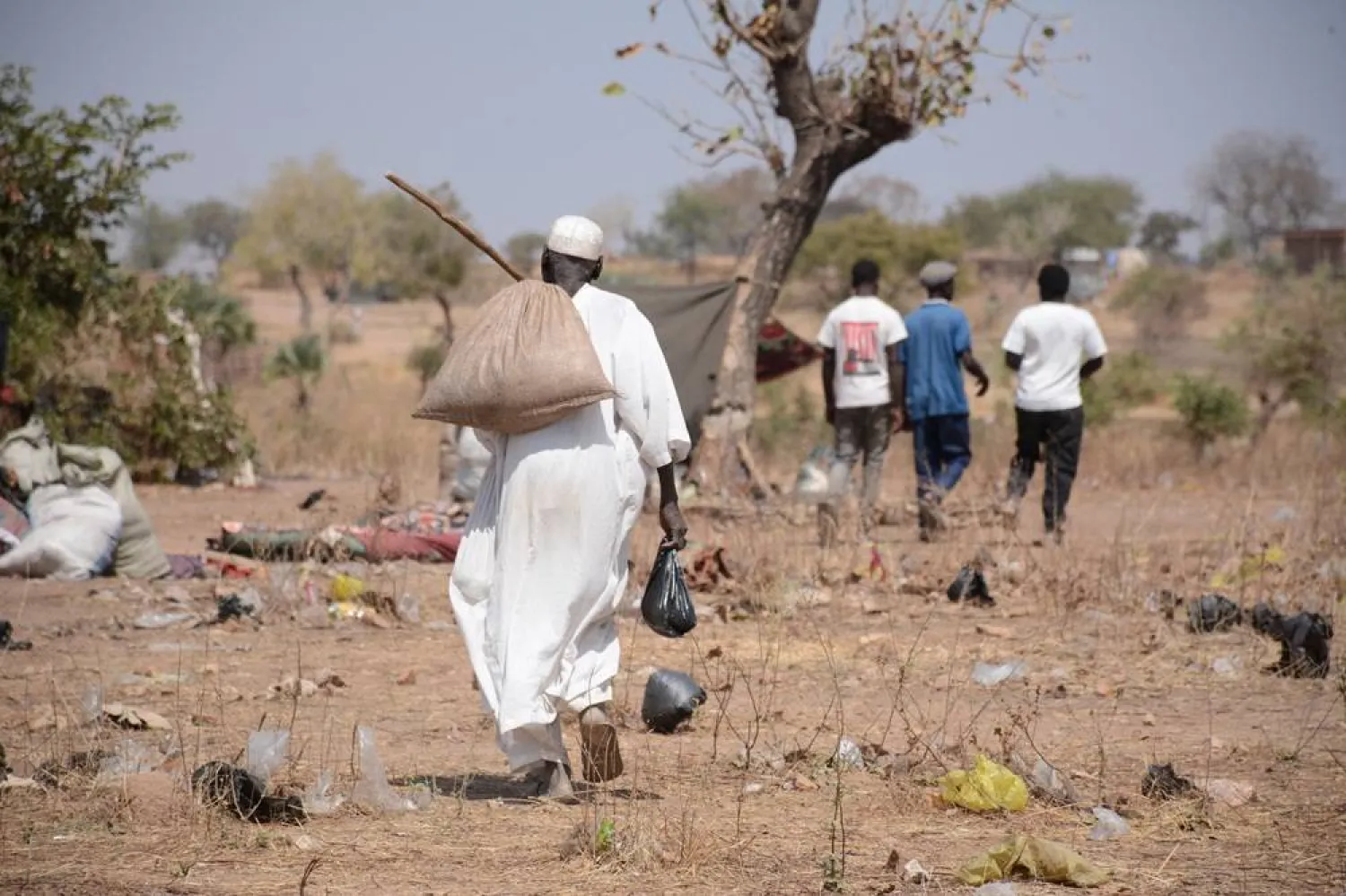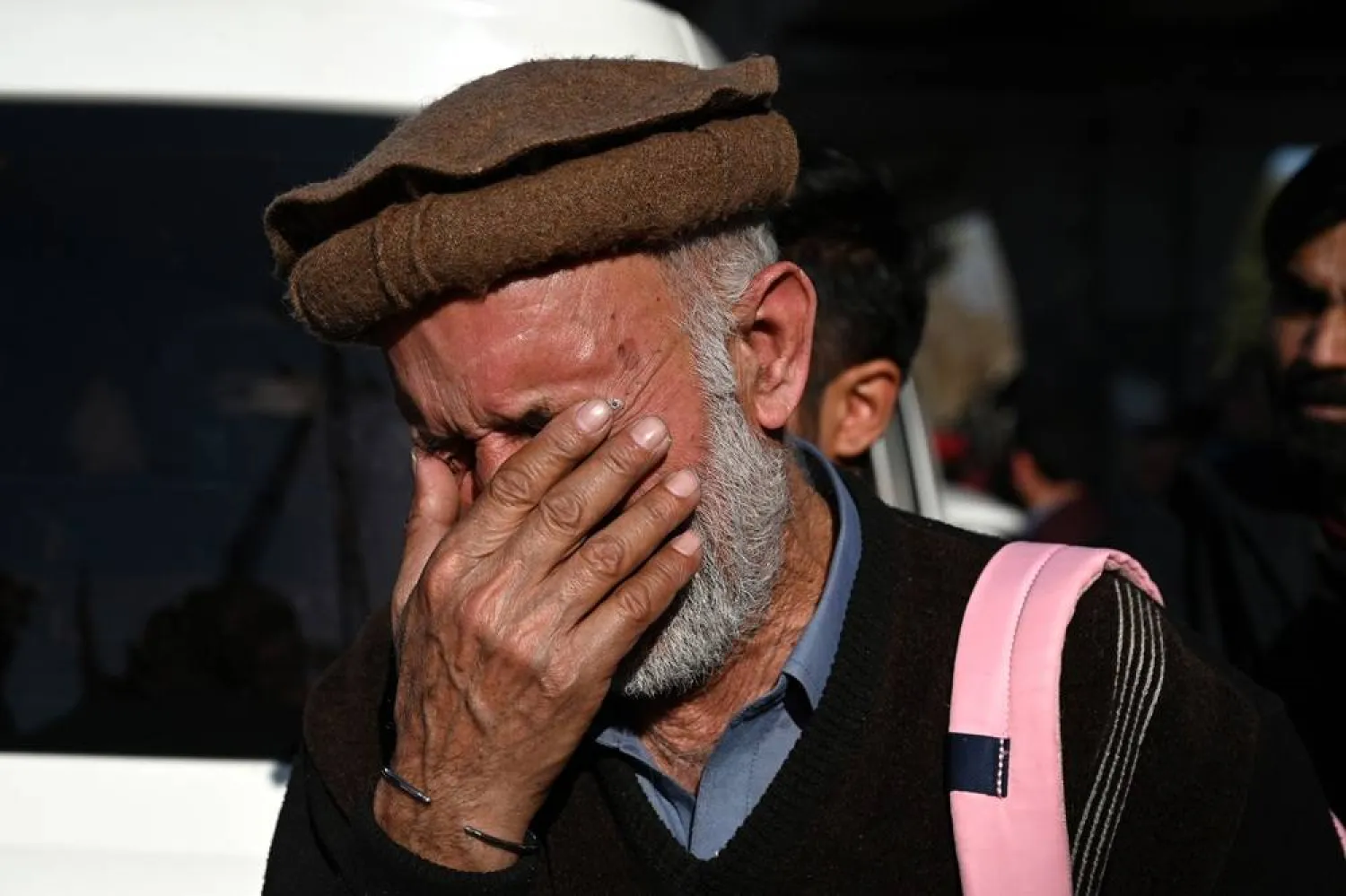The Saudi Development and Reconstruction Program for Yemen (SDRPY) has provided funding to renovate the historic Seiyun Palace in Hadramout Governorate, in response to the Yemeni government’s request to protect antiquities and endangered historical areas.
Saudi Ambassador to Yemen Mohammed Al Jaber said that the inauguration of the Seiyun Palace renovation project came in partnership with the United Nations Educational, Scientific and Cultural Organization (UNESCO), as an extension of Saudi Arabia’s pioneering role to preserve the monuments and history of the Arabian Peninsula.
The launching ceremony on Wednesday was attended by Yemeni Minister of Information, Culture and Tourism Moammar Al-Eryani; Permanent Delegate of Yemen to UNESCO Mohammed Jumeh; Representative of the United Nations Educational, Scientific and Cultural Organization (UNESCO) to the GCC and Yemen Salah El-Din Zaki Khaled; and Secretary General of the National Committee for Education, Culture and Science Ahmed Bin Abdulaziz Al-Bleihed.
The Saudi ambassador said that the renovation of the historic Seiyun Palace was part of 224 projects and development initiatives implemented by the SDRPY in various Yemeni governorates to help the people in seven main sectors: education, health, water, energy, transport, agriculture and fishery, building the capacity of government institutions and other development projects.
For his part, the head of UNESCO’s Regional Office in the Gulf States and Yemen, Salah Khaled, said Saudi Arabia’s funding to implement the project fell within the Kingdom’s efforts to preserve the diverse Yemeni cultural heritage, and preserve the country’s identity that forms the basis for social cohesion, recovery and the building of peaceful and sound societies.
The director noted that the palace needed urgent intervention, as part of its wall has collapsed, adding that the war in Yemen and seasonal rains over the past years, have caused a total collapse of separate parts of the outer wall and floors, leading to significant damage to the palace infrastructure.
Khaled stressed that the project was not only aimed at renovating the palace, but also at reviving its role as a museum and a civilized center for local cultural life, providing job opportunities for Yemeni youth, and enhancing the role of culture in building local capacities in Yemen.
Al-Eryani praised the efforts of SDRPY and UNESCO to renovate the Seiyun Palace, underlining Saudi Arabia’s constant endeavor to support Yemen, in line with the directives of the Custodian of the Two Holy Mosques, King Salman bin Abdulaziz, and Crown Prince Mohammed bin Salman.









